If we said that WordPress is the ultimate eCommerce platform? Would you believe us? After all, it is used by 30% of the websites out there.
The answer would be not a perfect, Yes. It does come with some pros and cons.
And, when you take WooCommerce into account, you will also find it at the top of the eCommerce usage. It is a functional WordPress plugin that completely transforms how WordPress behaves and functions.
If you start blogging, then you have to choose WordPress, but WooCommerce is the number one choice when it comes to building a website to do business.
In this article, we will be exploring the pros and cons of using WordPress for eCommerce Store. It will help you to make the right choice. There is always a chance that you might need a custom built eCommerce site or other eCommerce solutions out there.
Let’s get started.
Pros of Using WordPress for an eCommerce Store
1. It’s free
WordPress is free to use. This is a huge benefit for small businesses who are just starting on their journey of online selling.
All you need to do is download WordPress from the official site and start using it with your hosting.
2. Ease of installation
WordPress is easy to install. Even if you are not familiar with installing CMS, you will find yourself at home with WordPress. Many hosting providers offer automated installation which makes getting started with WordPress bliss.
WooCommerce, the plugin that transforms the WordPress into an eCommerce site is also easy to install. It will take you just two minutes to install it. Also, there are multiple ways you can install the WooCommerce plugin.
Apart from that, if you choose to use a custom theme or a theme from a marketplace, you can simply use it. All you need to make sure is to use the theme that is compatible with WooCommerce and is e-Commerce ready.
3. Plugins
WooCommerce is just one plugin that you need to get started. But, you will also get access to thousands of plugins that will let you further customize your site.
To begin, you need to get familiar with WordPress dashboard. It is easy-to-use and provides you the necessary information from the onset.
Other plugins that you can utilize to make your website better include Yoast SEO -- an SEO plugin that will help you optimize each products for search engine.
Recommended: 5 Best E-commerce Tools for Online Sellers
4. Tons of developers
Customization is part of any website out there. It is not possible to add a theme and a bunch of plugins and call it a day. If you want to succeed, then you need help from developers.
The good news is that you can get access to great talent in the market. As WordPress has a great ecosystem with so many websites using it, you can find developers that are talent and affordable. This will give you the ability to not only customize your website but also maintain it over time.
Cons of Using WordPress for an eCommerce Store
WordPress for eCommerce store also comes with some cons. Let’s list them below to get a good idea.
1. Not completely free
WordPress is free, but that doesn’t mean that you do not have to pay for other resources that you need to get your site up. For example, you need to buy hosting to get started. Hosting for eCommerce sites are not cheap, and it completely depends on your requirement.
2. Security
WordPress is not entirely secure. WordPress is also known for not being the secure platform. This is partly because of its popularity. It is the most popular content management system which brings a lot of attention to the platform.
There are also plenty of scripts available online that can penetrate WordPress. As the owner of your site, all you can do is install security plugins, follow security standards, and ensure that only the right people have access to the website dashboard.
Even after doing all the stuff, you need to take extra care when it comes to website security.
3. Limited Scalability and customizability
Even when WordPress has a vast ecosystem, it still lacks customizability. Your limitation is set by the WordPress API, which is not ideal for big eCommerce platforms out there.
Scalability is also a big issue for WordPress. You can get an excellent scalable solution if you use cloud hosting, but still, it depends on how to customize your scalability options are.
4. Non-WordPress users might find it hard.
WordPress is user-friendly, but not for those who are starting with WordPress for the first time. Clearly, for installing WooCommerce, you need to go through multiple steps, including setting up WordPress for the first time, installing WooCommerce, configuring WooCommerce -- can be too much for a newbie!
5. Free plugins are not always useful
WordPress ecosystem offers excellent free plugins to get started. But if you are planning to run a full-fledged, you cannot survive using free plugins. To keep your eCommerce website running optimally, you need to ensure that you use some paid options.
Also, the paid plugins are not cheap and would cost you a good amount.
What are the competitions?
WordPress for an eCommerce site is a good choice, but it is not the best choice by any means. WordPress is a blogging CMS which can be transformed into an eCommerce solution using WooCommerce plugin.
There are plenty of eCommerce-only platforms that offer better customizability, security, and overall value for you.
For example, you can use Shopify, Magento, or OpenCart. If you are looking for a solution that comes with hosting, Shopify can be an excellent choice to get started. But, it also comes with multiple restrictions.
Should you use WordPress for an eCommerce site?
WordPress comes with tons of features and functionality. Even with the cons, it is a good choice if it fits your requirement.
With over 67% of the market share in the eCommerce sector, WordPress is also dominating the eCommerce platforms. In short, we can recommend WordPress to anyone. If you have a more diverse requirement, then you can choose the alternatives.
Related Posts
Catherrine Garcia is a passionate blogger and a Web Developer at WPCodingDev Ltd.. She along with her group of developers are experts of creating Websites on CMSs.
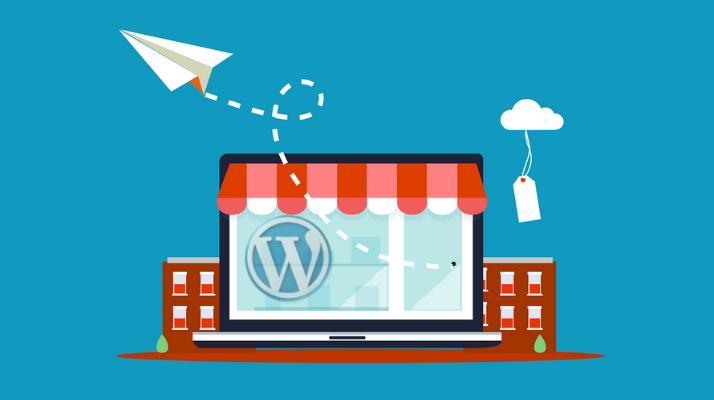
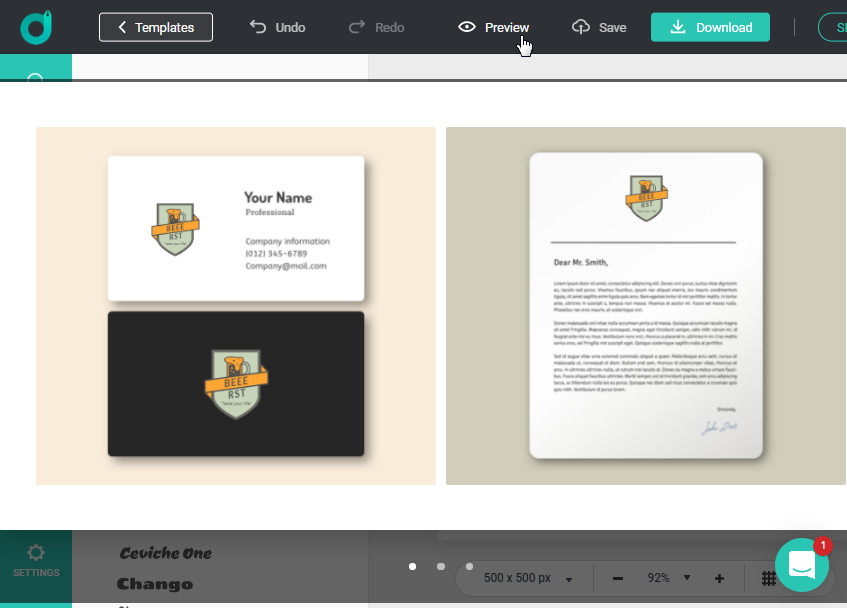


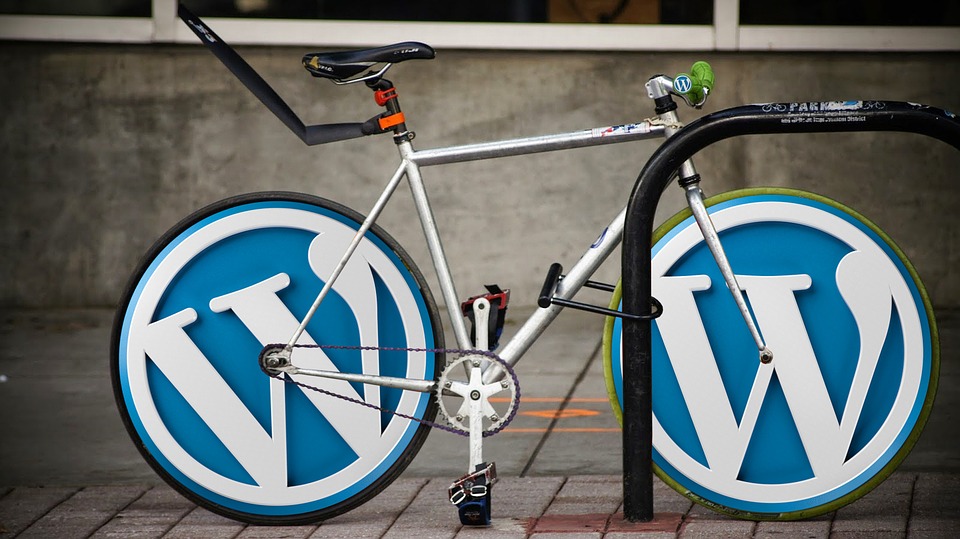
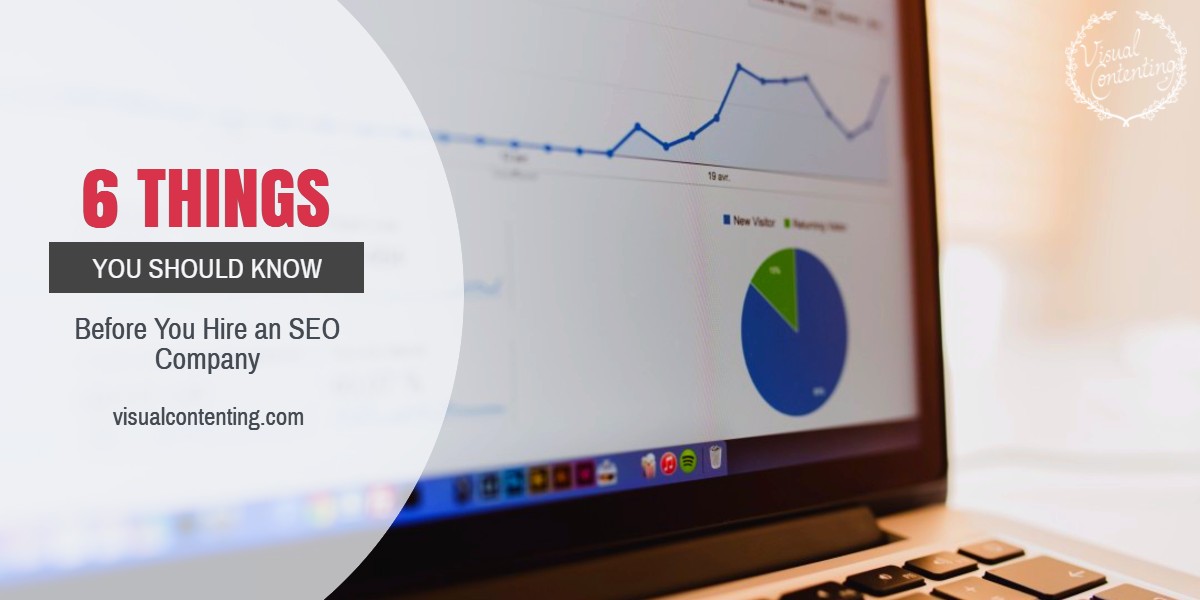
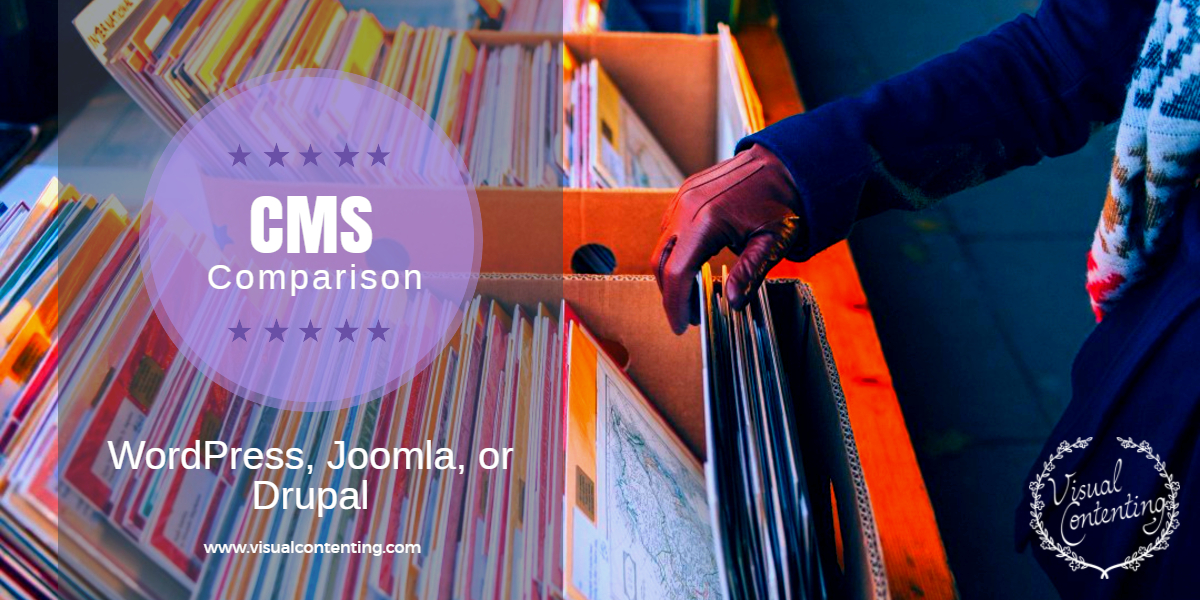
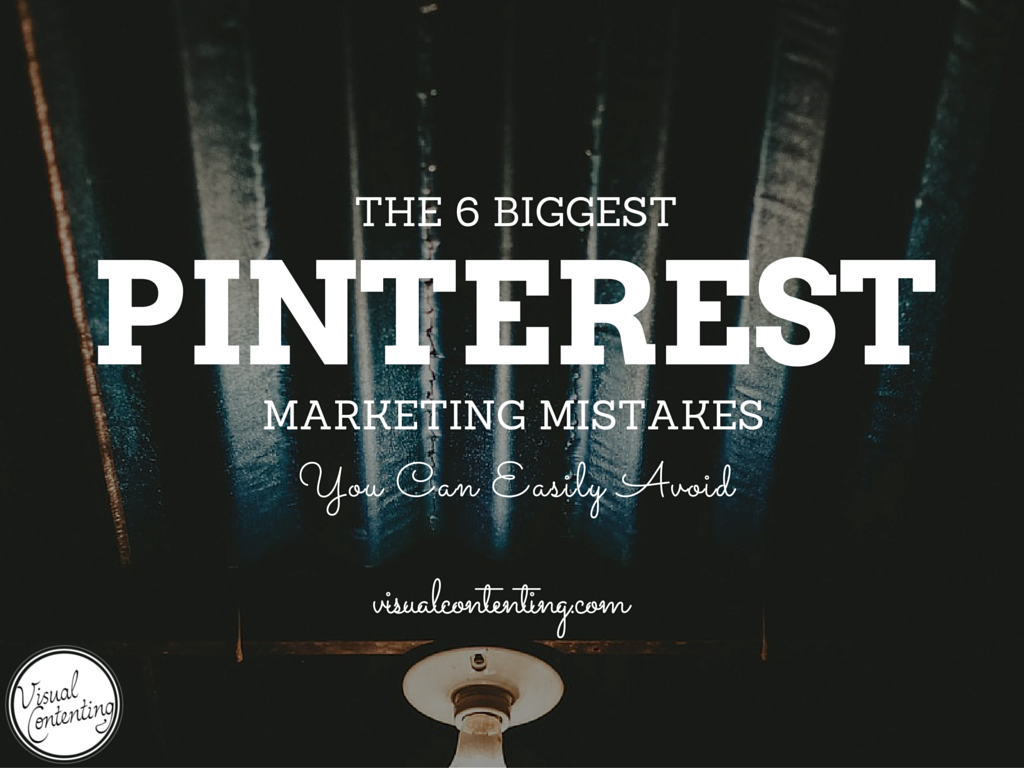
[…] on the web currently (otherwise it wouldn’t host over 30% of all websites), and that it’s a fine choice for building an Ecommerce store. That said, you need to leverage the power and potential of the platform’s plugins if you are to […]